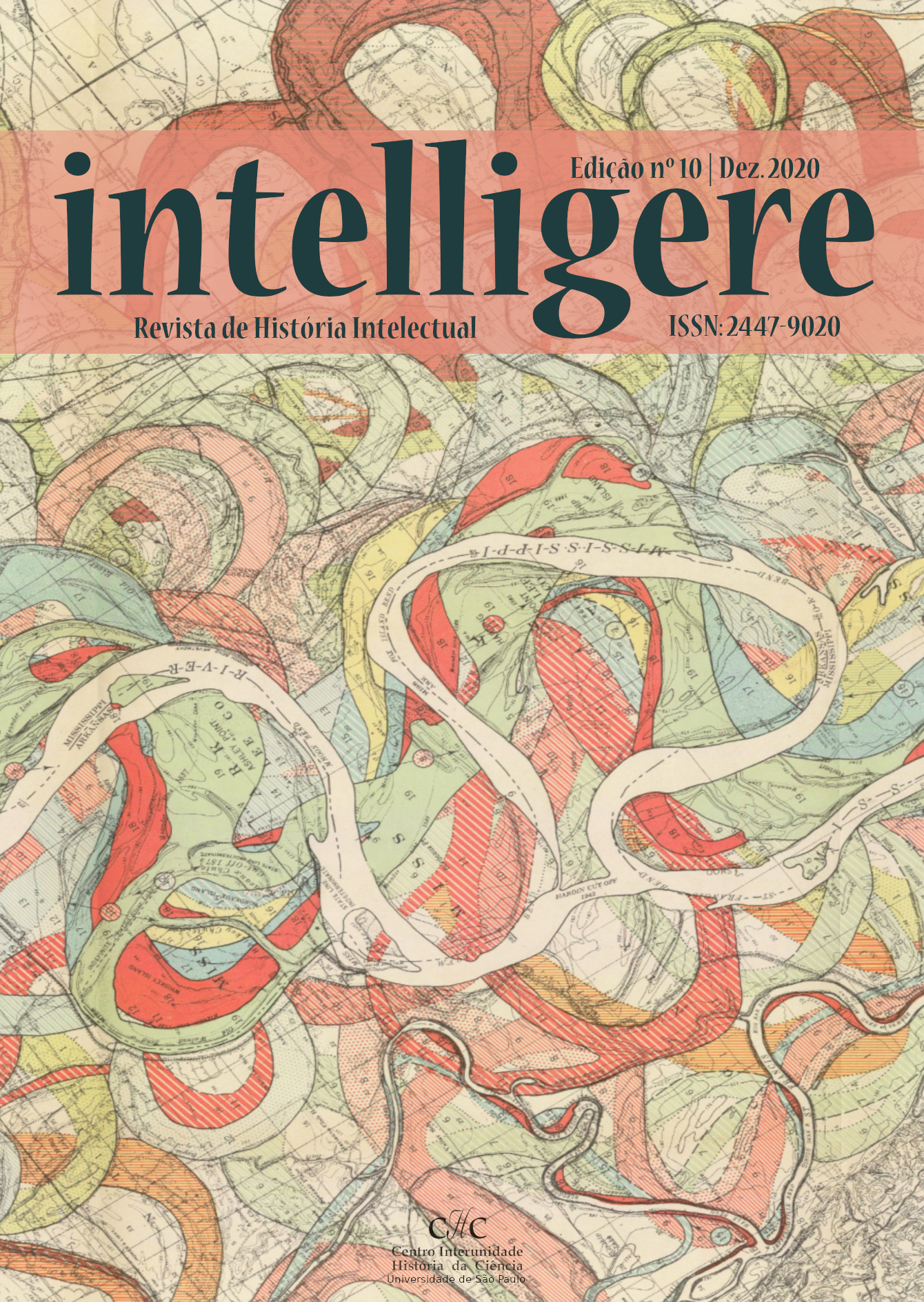Brazilian foreign policy since redemocratization: evolution, changes and future perspectives
DOI:
https://doi.org/10.11606/issn.2447-9020.intelligere.2020.180231Keywords:
Brazilian foreign policy, Re-democratization in Brazil, Multilateralism, RegionalismAbstract
The purpose of this essay is to present some remarks which seem relevant to capture some current perspectives to Brazil in the world scene. The essay starts with a brief account of the Brazilian foreign policy along the period since the militaries have left power in Brazil. The account reveals that the successive presidents elected democratically since 1989 have developed foreign policy trying to match domestic demands and international trends. Nevertheless figures show that in general terms the achievements were rather poor due to the fact that there was not enough dynamism in the domestic business environment which combined with a short sighted view on world affairs. The essay concludes that unfortunately an overall balance shows that Brazil has remained stagnated in political and economic terms along the last quarter in both global and regional levels. The essay pays tribute to Amado Luiz Cervo who is an outstanding professor of Brazilian foreign policy at the University of Brasilia who is now completing four scores of a very productive and inspiring life.
Downloads
References
BATISTA JR, Paulo Nogueira. A Moratória de 1987. Folha de S. Paulo, 20/Fev./1997.
CERVO, Amado L. & BUENO, Clodoaldo. História da Política Exterior do Brasil de (Editora UnB, 4ª. Edição, 2011.
FARHAT, Emil. Brasil, o País dos Coitadinhos. Cia. Editora Nacional, 1966.
JAGUARIBE, Hélio, Significação de Mercosul. In Mercosul, Sinopse Estatística. Vol. I, IBGE, Rio de Janeiro, 1992.
KENNEDY, Paul. The Rise and Fall of the Great Powers. Fontana Press, London, 1988.
MOURA, Sergio. Podemos ser Prósperos. Se os Políticos Deixarem. R. Janeiro, 2017.
OLIVEIRA, E. & DUCHIADE, A. O Globo, 5/Junho/2019.
PEARSON COMMISSION ON INTERNATIONAL DEVELOPMENT, Partners in Development, The World Bank, Washington, D.C., 1969.
RICÚPERO, Rubens. O Brasil, a América Latina e os EUA desde 1930: 60 Anos de uma Relação Triangular. Pub. em J. G. ALBUQUERQUE (Org.) 60 Anos de Política Externa Brasileira (1930-1990). NUPRI/USP, 1996. Vol. 2 pp. 37-60.
SOUZA, Amaury de. A Agenda Internacional do Brasil: a Política Externa Brasileira de FHC a Lula. Editora Campus/Elsevier, Rio de Janeiro, 2009.
VARGAS, Eugênio. O Brasil na Liga das Nações. 1919-1926. Editora Funag/Editora UFRGS, 2000.
WILCOX, Ella Wheeler. Solitude, The Sun, May, 1883
ZAKARIA, Fareed. O Mundo Pós-Americano. São Paulo: Companhia das Letras, 2008.
ZWEIG, Stefan. Brasil. Um País do Futuro. L&PM Editores, Porto Alegre, 2013.
Downloads
Published
Issue
Section
License
Copyright (c) 2020 Eiiti Sato

This work is licensed under a Creative Commons Attribution 4.0 International License.
Autores que publicam em Intelligere concordam com os seguintes termos:
- Autores mantém os direitos autorais e concedem à revista o direito de primeira publicação, com o trabalho simultaneamente licenciado sob a Licença Creative Commons Attribution que permite o compartilhamento do trabalho com reconhecimento da autoria e publicação inicial nesta revista.
- Autores têm autorização para assumir contratos adicionais separadamente, para distribuição não-exclusiva da versão do trabalho publicada nesta revista (ex.: publicar em repositório institucional ou como capítulo de livro), com reconhecimento de autoria e publicação inicial nesta revista.
- Autores têm permissão e são estimulados a publicar e distribuir seu trabalho online (ex.: em repositórios institucionais ou na sua página pessoal), com reconhecimento da autoria e publicação inicial nesta revista.




